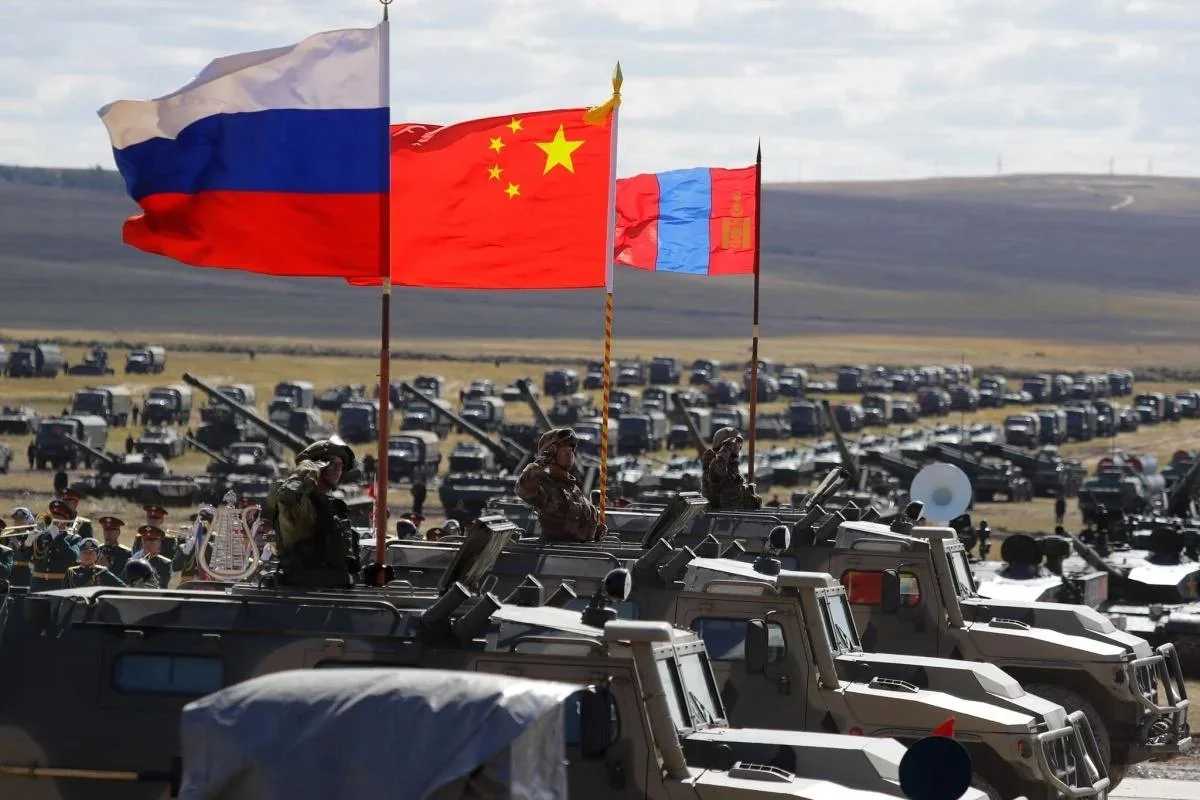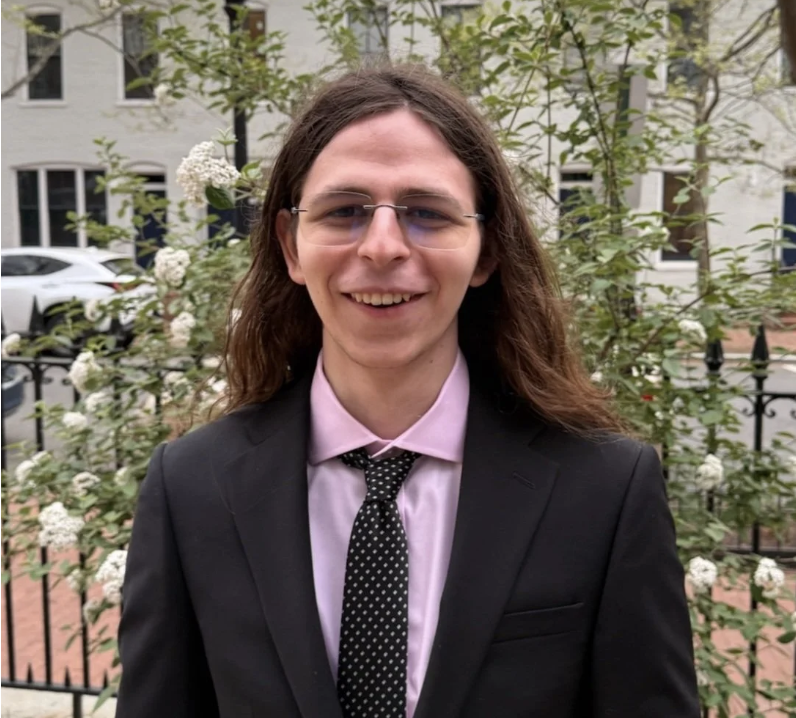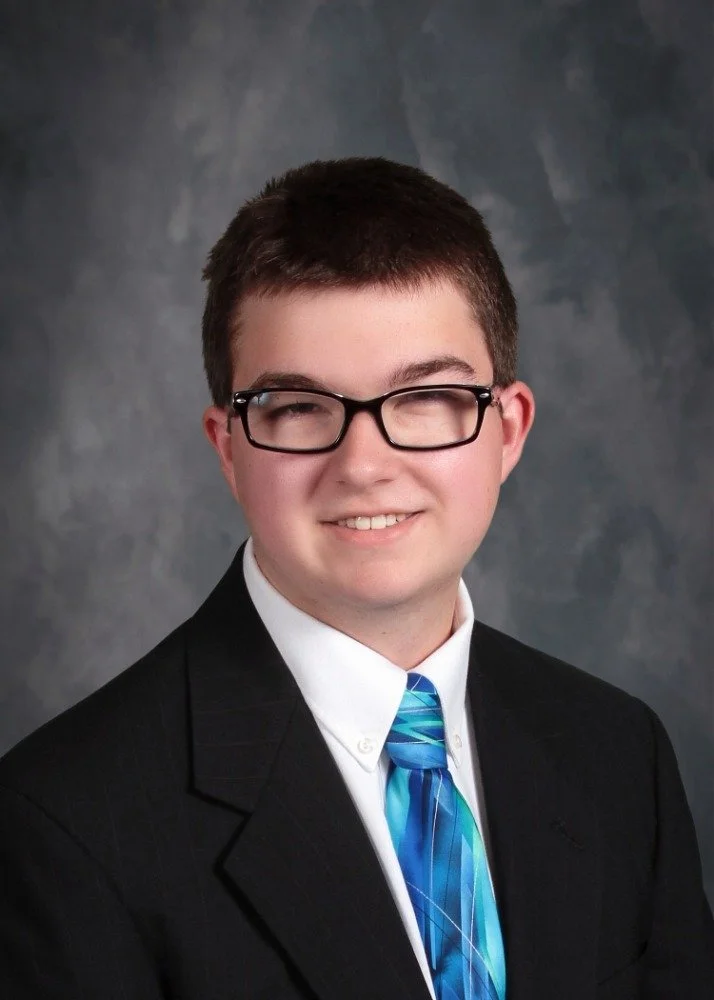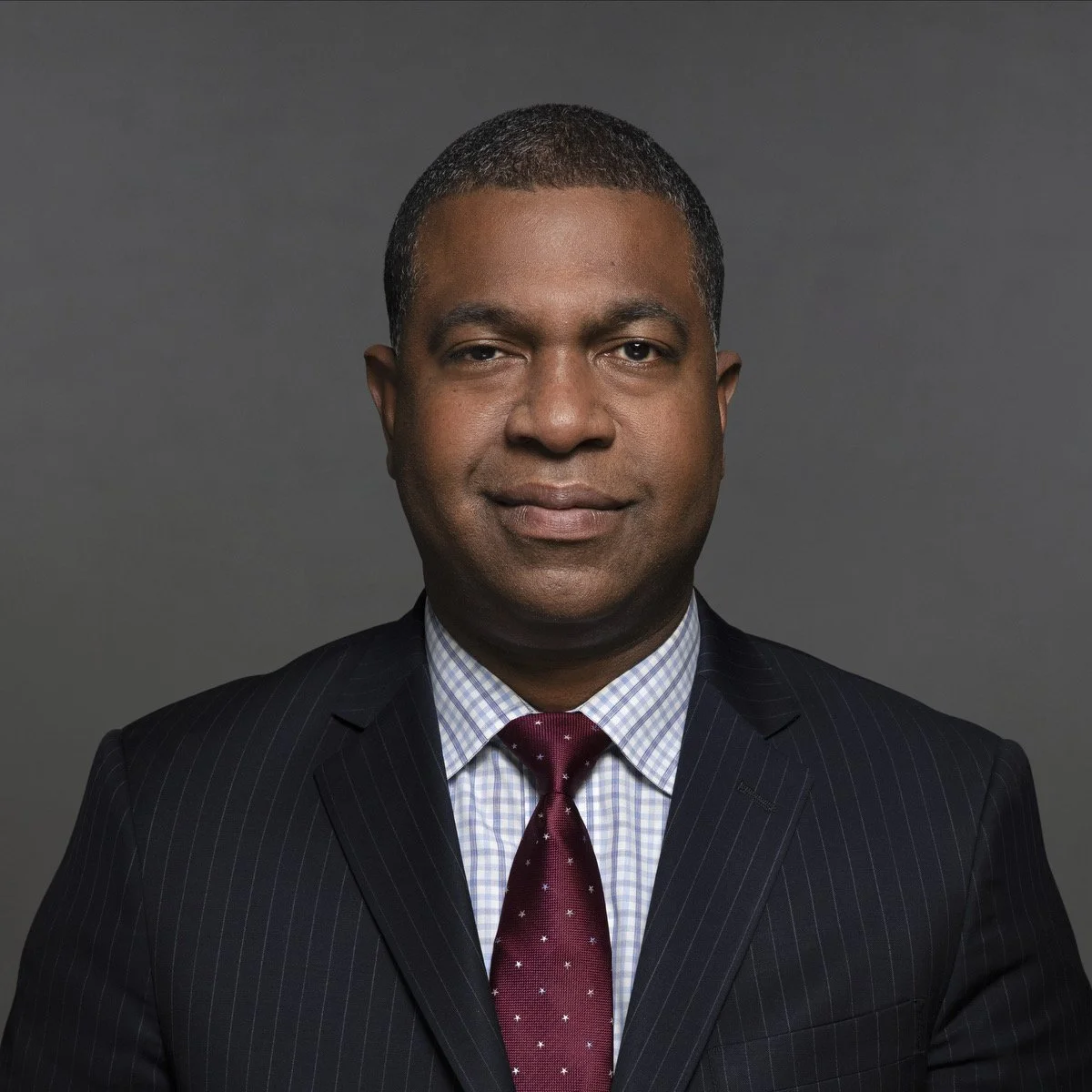Behind the Silk Curtain: The Sino-Russian Summit, 2019
APPROXIMATE COMMITTEE SIZE: 25 delegates
The Sino-Russian Summit of 2019 convenes at a time when both countries seek to redefine their roles in a shifting global order. With rising tensions between the United States and China, and Russia’s increasing isolation from the West, Beijing and Moscow are turning toward one another as strategic partners. Key areas of focus include expanding energy cooperation and infrastructure projects, managing technological regulation and transfer between the two states, and coordinating positions within BRICS to shape international development. At the same time, delegates must account for the broader geopolitical stakes of the partnership: from counterbalancing Western influence to projecting stability in Central Asia and beyond. Delegates may represent divergent institutional, political, or ideological perspectives, yet all must work to advance their side’s national interests while preserving the fragile momentum of Sino-Russian cooperation. The emphasis is on navigating trade-offs, crafting coherent outcomes, and recognizing that the success—or failure—of the summit will shape the trajectory of the relationship for years to come.
CRISIS MANAGER: Michael Mullin
CHAIR: Jacob Brown
ISSUES TO CONSIDER
Energy Cooperation and Infrastructure
Technology Regulation and Transfer
The Geopolitics of International Development
LEARNING OBJECTIVES
Develop the ability to balance competing national interests while engaging in high-stakes bilateral negotiations that span security, economic, and geopolitical dimensions.
Navigate great-power strategic calculations and trade-offs, practicing compromise and coalition-building.
Collaborate within a dynamic summit setting that replicates the informal, leader-driven nature of real diplomatic engagements.
About the Chair
Jacob Brown is a fourth-year student in the College of Arts and Sciences studying economics and math. Co-founder and co-chair of the NCSC Senate, he has staffed or participated in around a dozen Model UN events. When not making others try out his strange committee ideas, he can be found obsessing over state capacity, enmeshed in development economics research, or occasionally actually getting his coursework done. Outside of work, he can be found seemingly aimlessly speed-walking around DC listening to a good podcast or audiobook, playing Magic: The Gathering, or trying to find a way to annoy this committee’s director, Jack Gigante (suggestions are appreciated).
About the Crisis manager
Michael Mullin is a member of the class of 2026 in the College of Arts and Sciences majoring in Physics and Computer Science with a minor in Economics. Originally from Omaha, Nebraska, Michael loves exploring the city of DC and will never turn down an opportunity to see a theatrical performance at the Kennedy Center. His model UN experience comes from his participation on Georgetown’s MUN team and serving as both a Chair and CM at NAIMUN and NCSC, Georgetown’s collegiate conference. Additionally, Michael enjoys taking walks by the Potomac, playing board games, watching movies, reading, and swimming while he isn’t busy with schoolwork or his tutoring job. He is excited to run the Sino-Russian Summit and is looking forward to NAIMUN LXIII!
Committee Speaker
Spencer P. Boyer is a Partner at DGA–Albright Stonebridge Group (ASG), where he leads the National Security, Defense, and Aerospace practice and is a member of the Europe and Eurasia practice. He joined the firm in March 2024 with over 25 years of experience across the public, private, and non-profit sectors in the United States and Europe.
Prior to ASG, Mr. Boyer served nearly three years in the Biden administration as Deputy Assistant Secretary of Defense for European and NATO Policy. His government service also includes senior roles in the Obama administration, including Deputy Assistant Secretary of State for European and Eurasian Affairs and National Intelligence Officer for Europe at the National Intelligence Council.
Mr. Boyer is an Adjunct Professor at Georgetown University’s School of Foreign Service and a Senior Non-Resident Fellow at Dartmouth College’s Dickey Center. He has held senior or visiting roles at numerous think tanks and academic institutions, including Brookings, the Center for American Progress, and the Woodrow Wilson Center. He is widely published on foreign affairs and has served as a guest analyst for major international media outlets.
He holds degrees from Wesleyan University and New York University School of Law, is admitted to the bars of Washington, D.C., New York, and New Jersey, and is a Life Member of the Council on Foreign Relations.




